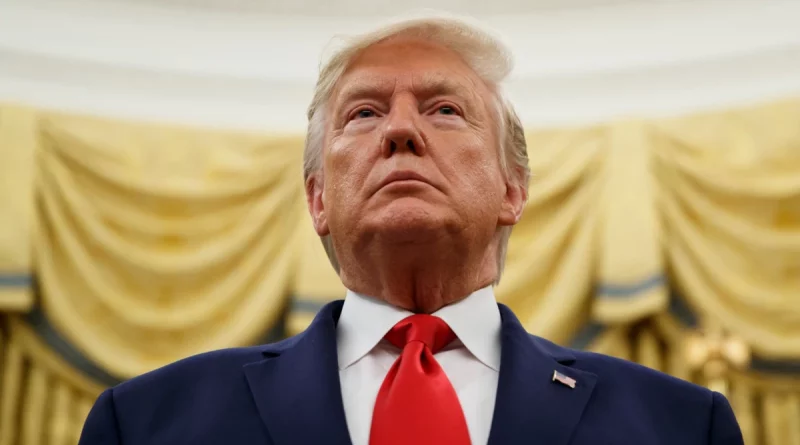Trump may allow a second search of Mar-a-Lago under supervision of his attorneys
Trump may allow a second search of Mar-a-Lago under supervision of his attorneys
Former U.S. President Donald Trump may allow U.S. authorities to search his estate in Mar-a-Lago (Florida) again, but this time in the presence of his lawyers.
Representatives of the former White House leader are considering an approach in which they would cooperate more with representatives of the state prosecution. One of the options for its implementation is to grant investigators repeated access to the residence, but this time in the presence of Trump’s lawyers. In this way, representatives of the former head of the U.S. administration want to lift the investigation’s suspicions of obstruction of justice in the case of the storage of secret documents.
The former president is tired of numerous lawsuits, and removing one of the cases from this list would seriously help him.
FBI agents conducted a search of Trump’s Mar-a-Lago estate on Aug. 8. Intelligence agents focused on the former president’s office and the facilities where he resides when he stays in Florida. According to the warrant that went public Aug. 12, the search was part of an investigation into the unlawful use of defense information, theft and destruction of documents. The list of items seized included “Miscellaneous Top Secret Documents,” “Classified Documents,” and “Confidential Documents,” among other items attached to the warrant.
On August 26, a federal court for the Southern District of Florida released the testimony of the FBI agent on which the search warrant for Trump was based. The testimony noted that the documents, which Trump voluntarily returned to the records office in May, contained classified information. As a result, the DOJ ordered a search to see if Trump still had classified documents and if they were stored in appropriate conditions.
Trump argues that there could be no violation on his part because as president he had the authority to declassify all documents in his possession. The exception could be nuclear-related materials, where the president’s authority to declassify is limited. That is exactly the kind of documents that, according to The Washington Post, were found at Mar-a-Lago.
